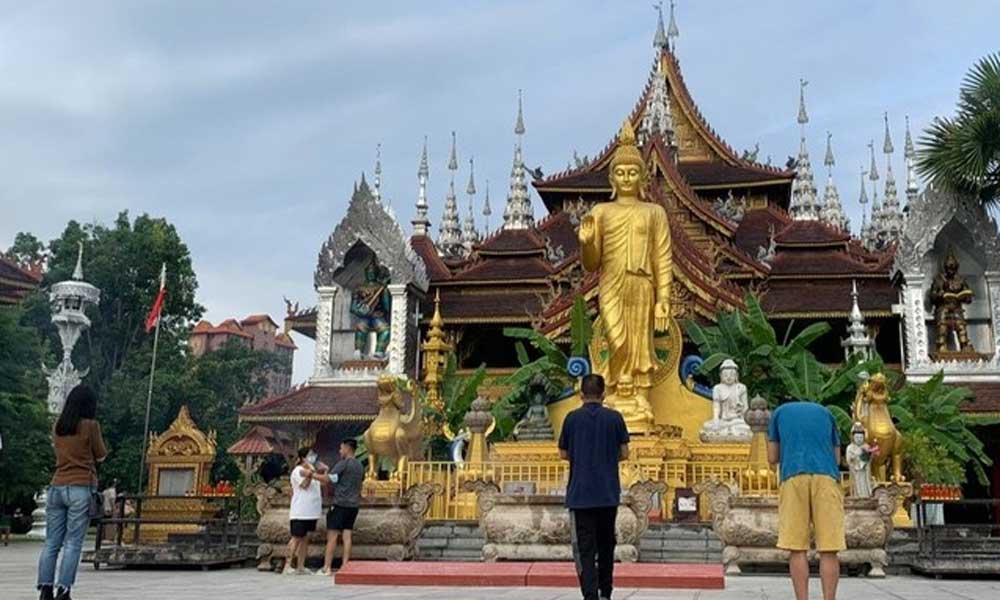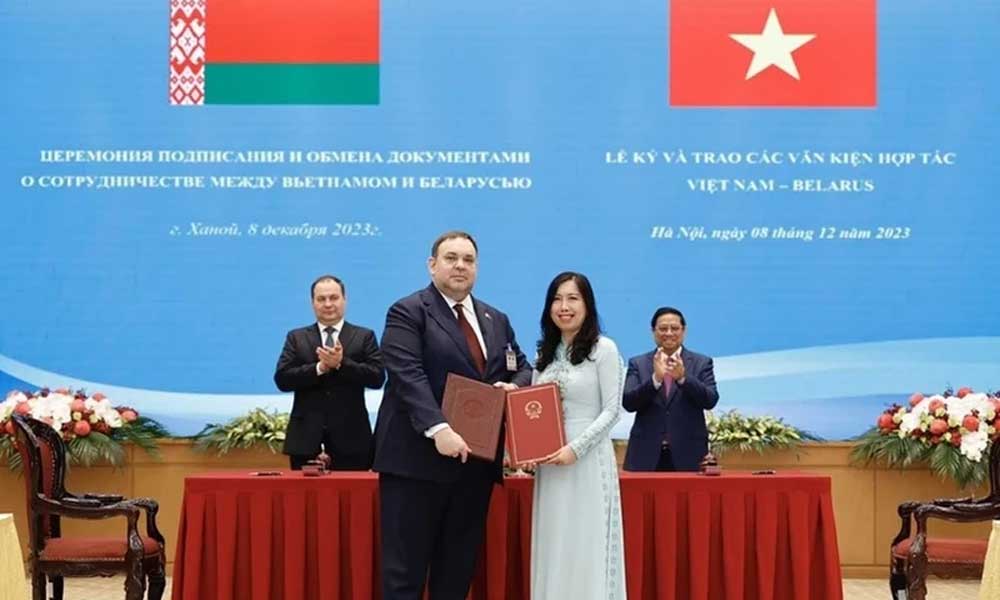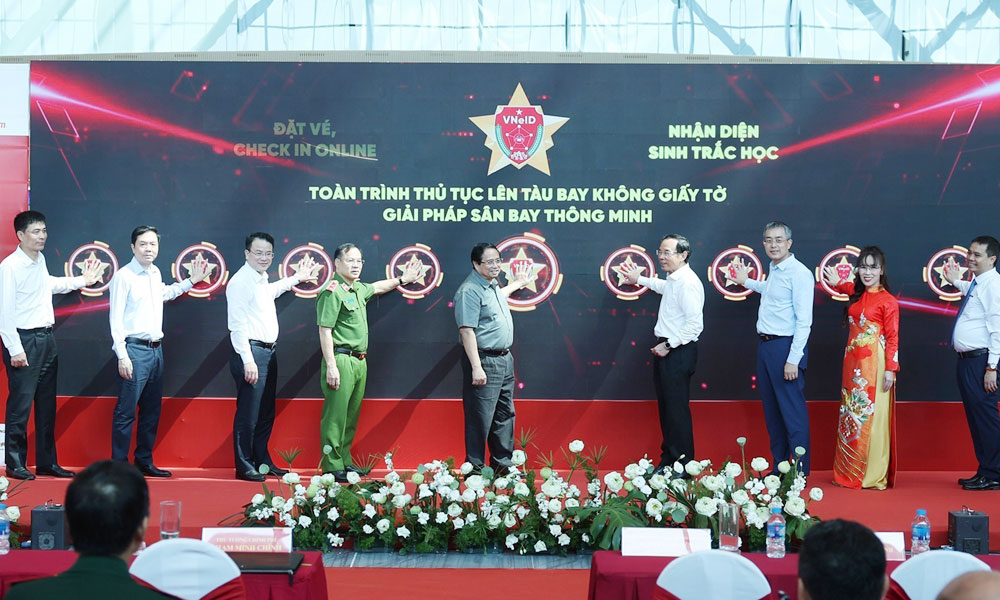Visa policy to attract international visitors
For a long time, visa openness has always been considered by countries as the key to attracting international visitors. That is the reason why most countries that want to develop tourism are moving towards building open and flexible visa policies.
The Government has issued Resolution No. 44/NQ-CP on visa exemption for citizens of 12 countries: Germany, France, Italy, Spain, the United Kingdom of Great Britain & Northern Ireland, Russia, Japan, the Republic of Korea, Denmark, Sweden, Norway, and Finland, with a temporary stay of 45 days from the date of entry, regardless of passport type or purpose of entry.
 |
|
Illustrative photo. |
This policy will be implemented for three years (from March 15, 2025, to March 14, 2028) and will be considered for extension according to Vietnamese law.
Previously, the Government also issued Resolution No. 11/NQ-CP dated January 15, 2025, on visa exemption for a temporary stay of 45 days for citizens of three countries: Poland, the Czech Republic and Switzerland under the 2025 Tourism Development Stimulus Program.
These are considered strong "pushes" to help Vietnam open its doors to international visitors, affirming the appeal of a friendly and hospitable destination.
In addition, easing visa policies also helps us improve our competitiveness in the race to attract international visitors, especially when Vietnam's visa policy has long had many "barriers".
This positive move also creates a solid foundation for Vietnam to achieve the goal of welcoming 22-23 million international visitors in 2025.
Experts say that this is the time for Vietnam to focus on multi-channel, multi-platform communication about new points in visa policies to key markets, in parallel with promoting the potential, strengths, and attractiveness of the destination, to attract international visitors.
It is easy to see that the countries on the visa exemption list this time are all markets with high spending capacity.
This creates motivation for Vietnam to become a destination for the luxury segment, but also puts pressure on us to continue investing in tourism infrastructure, building products rich in creativity and experience value to satisfy the high demand of wealthy visitors.
After all, opening the door to welcome visitors is just the starting point, the important thing after that is how to retain tourists, make them stay longer, spend more, and want to return to Vietnam many times.
And the answer to this question can only be thoughtfulness in providing quality services, professionalism in building products, and completeness in creating experiences for tourists.
In reality, with the development of information technology, the flow of independent tourists travelling independently is increasing. However, this is also a group of tourists who are quite hesitant about having to complete many documents and procedures related to visas.
Therefore, to welcome the wave of independent tourism that is "reigning" after the pandemic, countries are making efforts to improve the accessibility of destinations through visa policies.
Therefore, many opinions say that Vietnam still needs to continue researching to expand the subjects exempted from visas. Experts suggest that Vietnam could consider visa exemption for some developed countries, such as the US, Australia, and Canada, to increase the attraction of high-spending tourists.
In addition, the case of India should be studied because this is a country with impressive growth in the number of tourists to Vietnam in recent times, and is also a large-scale, potential market that many countries in the region are seeking to attract through open and attractive visa policies.
 Bắc giang
Bắc giang












Reader's comments (0)